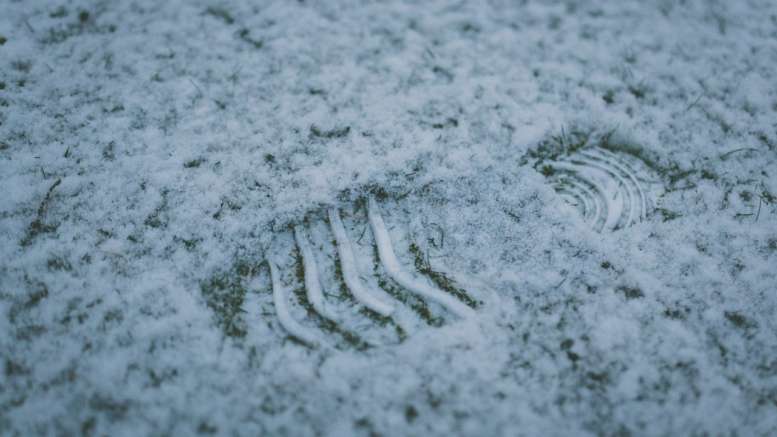Not everyone agrees that the environment should be protected from the human footprint with no trace camping. But if you are a person who enjoys spending a lot of time great outdoors, then you probably want to make sure that the outdoors stays great. When you’re out there experiencing nature first hand, however, it’s easy to forget the impact you might have on the environment as you make camp, set fires, and interact with the wildlife around you.
[the_ad id=”7373″]
If you’re unsure about how your presence while camping affects the natural world you’re moving through, then this article is probably for you. While some of these tips might seem like common sense, they may not be as intuitive as you might think.
Manage Your Fire
Everyone knows that fire is dangerous and difficult to manage, but few take the time to properly craft a well-built fire under the right conditions. The first thing you want to do here is to do your research on the area in which you’ll be camping as well as the weather leading up to your trip. If there has recently been a drought, there may be a fire ban in place to protect not only the foliage and wildlife, but also to protect you as the camper.
If you’re planning your camping trip or hike within the United States, you can check www.firerestrictions.us to see whether or not the area that you want to go has a fire ban.
When you do build fires, be sure to only use designated fire pits if possible. If not, you’ll need to make your own fire pit (and disassemble it for no trace camping before you leave). Clear the area around your proposed fire of grass, leaves, twigs, and other flammable materials. Be sure that there are no overhanging branches. Then create a ring of medium-sized stones to prevent the fire from leaving your pit. Make sure that your fire is far from your tent and flammable belongings. Keep a store of tinder and logs outside your ring as fuel to add as necessary.
Once your fire is blazing, never leave it to burn on its own. Always have someone tending to the flames and keeping it in control. When you’re finished with your fire, douse the flames and smoldering embers with water and cover the area with wet dirt once the fire is completely out.
Pick Up After Yourself
This should go without saying, but this concept seems to elude campers every day. In the Boy Scouts we would form a line and scour the campsite for any trash or food left behind. Doing this keeps nature the way it should be and keeps human food out of the mouths of animals. Inadvertently feeding wildlife can be extremely detrimental to them and possibly dangerous for other campers coming after you.
Respect Nature
You’ve probably heard the phrase “take nothing but pictures and leave nothing but footprints”. This isn’t a bad philosophy to have when outdoors. Wantonly breaking branches, bothering animals, excessive digging, contaminating water supplies, leaving organic and inorganic waste in poor locations, and mismanaging your campfires can all have a severe negative impact on the area as a whole and degrade the experience for campers to come. Practice sustainable camping and keep our wilderness wild.

